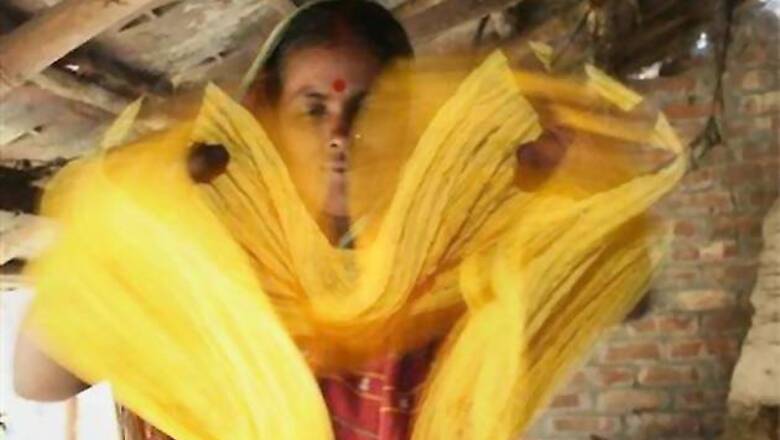
views
Geneva: India has launched a trade complaint against Turkey's policies on imports of cotton yarn, the World Trade Organization (WTO) said on its website on Tuesday.
India is objecting to Turkey's use of "safeguard measures" to help its cotton industry, which one Indian official said could affect Indian exports worth around $600 million per year.
Safeguard measures are temporary protectionist tariffs, permitted by WTO rules, to help a specific industry that is threatened by an unexpected surge of imports.
India launched the complaint on Monday by "requesting consultations" with Turkey at the WTO, the last step to resolve a disagreement before entering a full-fledged legal dispute.
India may ask the WTO to set up a dispute panel to adjudicate if consultations do not settle the matter within 60 days. By requesting consultations, India has also opened the door for other WTO members to join in if they are similarly unhappy with Turkey's treatment of cotton yarn imports.
Turkey brought in the safeguard measures in 2008 for three years, but when the three years expired in July 2011, Turkey imposed provisional safeguard measures while it reviewed the case for an extension, the Indian official said.
It later retroactively reimposed final safeguard measures.
India previously requested consultations with Turkey over the issue in 2009, but the dispute did not go to a dispute panel at that time.
India now argues that Turkey cannot extend the measures after they expired, nor can it impose provisional safeguard measures on a product which was already subject to final safeguard measures.
India also says Turkey may not apply safeguard measures to cotton yarn for three years after the July 2011 expiry date.
Turkey, a major producer of cotton, slapped extra import duties on imports of cotton yarn after recording a huge surge in imports of cotton yarn from 2005 onwards.
Instead of the maximum duty of 5 per cent it had agreed with the WTO, it boosted import tariffs to 15-20 per cent.
Cotton yarn imports had risen 63.6 per cent in 2005, 46.9 per cent in 2006 and 119.7 per cent in 2007, and in the first five months of 2008 were 32.1 per cent higher than a year earlier, a document filed by Turkey at the WTO at the time showed.
As a result, although total consumption of cotton yarn rose in the period, Turkish employment in the industry fell steadily and domestic production dropped in 2007, when the market share of imports reached 12.5 per cent against 2.8 per cent in 2004.
While Turkey waived the safeguard tariff for many developing countries that are not significant suppliers of yarn, it did apply to India, one of its biggest sources.















Comments
0 comment